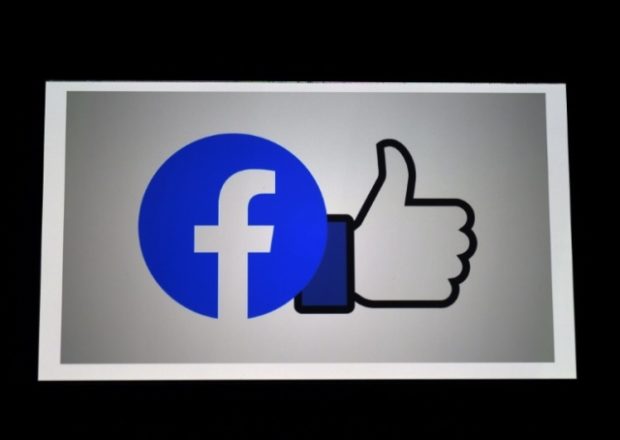Is Facebook getting into wearables to collect even more data?

Facebook logo and Facebook like. Image: AFP/Olivier Douliery via ETX Studio
Facebook could release its first connected watch in 2022, according to The Information, in a report picked up by many specialized media. The idea would be to offer a wearable watch focused on messaging and health, while collecting even more personal data in the process.
After its range of virtual reality helmets (Oculus) and intelligent screens (Portal), Facebook is working on its version of the hottest connected object of the moment: the watch. According to people close to the project cited by The Information, this watch would run on Android (Wear OS), even if that Facebook is it is also possible that Facebook is working on its own operating system for connected objects. In any case, the watch would allow the user to send messages via Messenger but would also offer a whole bunch of personalized services related to health.
And so, the social network could collect new sensitive data in this new way, related to the health of its customers, in addition to all the data it already has. However, the current context is not conducive to this kind of announcement for Facebook, which is currently in the middle of a storm concerning the collection of data. A controversy currently positions it in opposition to Apple regarding the possibility offered to users of the app to accept or refuse the collection of their data when downloading an application in the App Store. Facebook is also facing an outcry over its WhatsApp application, whose upcoming terms of use will require more and more information sharing.
What is certain, however, is that Facebook is working on several connected eyewear projects. The first one is centered around a partnership with Ray-Ban and should lead to the release of a first model this year. Another project, more ambitious, concerns augmented reality glasses with the code name Aria. JB
RELATED STORIES:
How to find legit COVID-19 info on Facebook, Messenger, Instagram, WhatsApp
People think they know more than they do with Facebook article previews—study